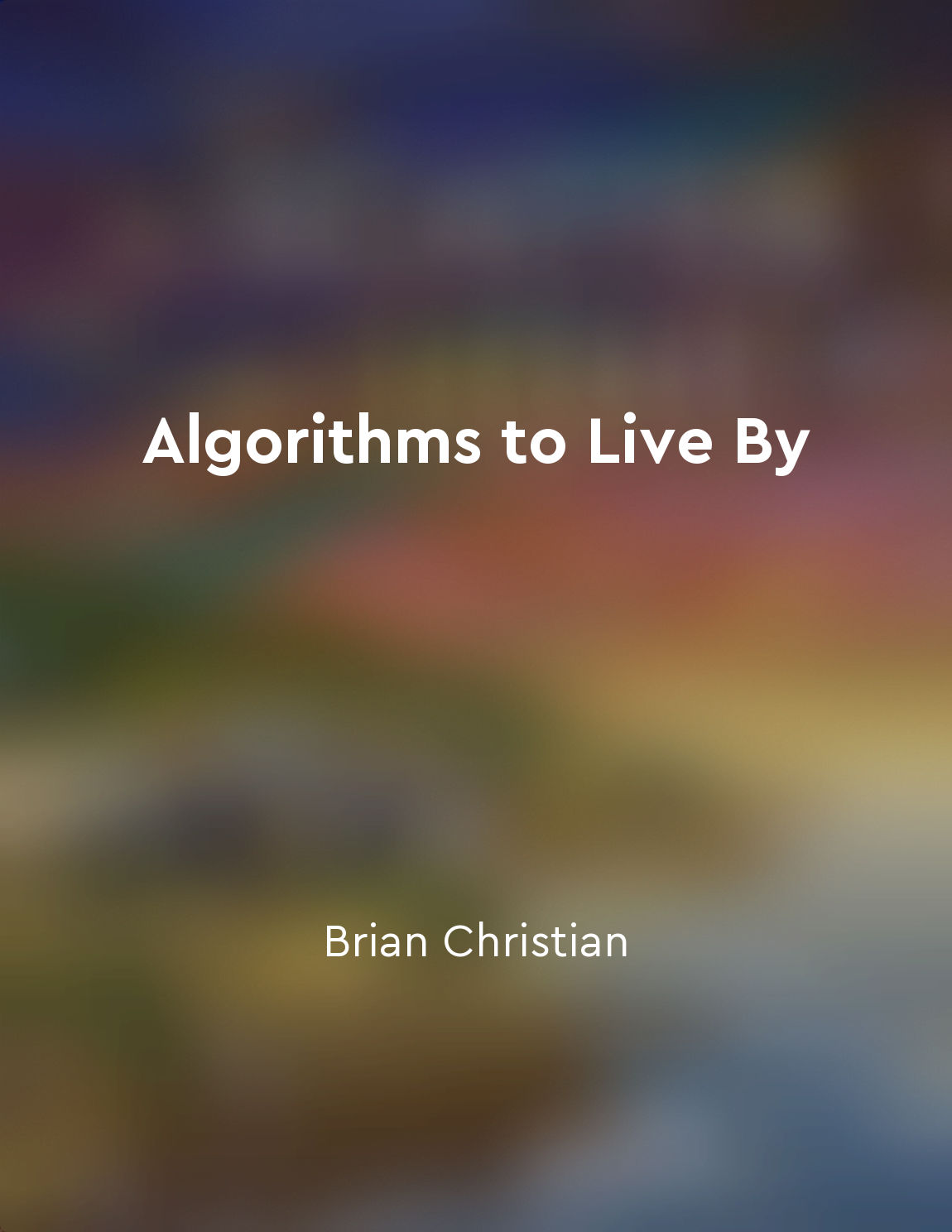Game theory analyzes strategic decisionmaking from "summary" of The Economics Book by DK
Game theory is a branch of economics that studies strategic decision-making. It is based on the idea that in situations where the outcome of one person's actions depends on the actions of others, individuals will make decisions based on what they expect others to do. Game theory helps economists understand how people make choices in situations where the outcome depends not only on their own actions but also on the actions of others. By analyzing these strategic interactions, economists can predict how individuals will behave in various scenarios and how their decisions will ultimately impact the outcome of the game. One of the key concepts in game theory is the idea of a "game." In this context, a game refers to any situation where individuals must make decisions that affect not only their own outcomes but also the outcomes of others. These decisions are typically made with incomplete information, as individuals must consider not only their own preferences and goals but also the preferences and goals of others. Game theory provides economists with a powerful tool for analyzing a wide range of economic phenomena, from pricing decisions in markets to negotiations between firms. By applying game theory to these real-world situations, economists can gain insights into the strategic behavior of individuals and firms and make predictions about how they will act in different scenarios.- Game theory is a valuable tool for understanding how individuals make decisions in strategic situations. By analyzing the interactions between individuals and predicting their behavior, economists can gain insights into a wide range of economic phenomena and make more accurate predictions about how people will act in various scenarios.
Similar Posts
The Phillips curve shows a tradeoff between inflation and unemployment
The Phillips curve illustrates the relationship between inflation and unemployment in an economy. It suggests that there is a t...

We can use algorithms to make better decisions in everyday life
Algorithms are not just for computers; they can also be applied to our daily lives to help us make better decisions. By breakin...

Embrace uncertainty and ambiguity
The idea that we must embrace uncertainty and ambiguity is a critical concept in the context of the infinite game. Uncertainty ...
Income distribution
Income distribution is a topic that has been the subject of much debate and controversy. Many people believe that income distri...
Conclusion: Future prospects for the Indian economy
The future prospects for the Indian economy look promising, with various factors contributing towards its growth and developmen...
Use feedback to improve decisionmaking
Feedback is crucial for improving decision-making. When we receive feedback, we are able to assess the outcomes of our decision...

Beliefs should be based on evidence and logical reasoning
The idea that beliefs should be based on evidence and logical reasoning is a foundational principle of rationality. This princi...
Behavioral economics challenges traditional economic theories
Traditional economic theories assume that people are rational decision-makers who always act in their best self-interest. Howev...
The Benefits of Trade and Specialization
Trade and specialization are fundamental concepts in economics that are often overlooked or misunderstood. Many people fail to ...

Capital accumulation is essential for economic growth
In order for an economy to grow and prosper, it is imperative that capital accumulation takes place. Capital accumulation refer...

